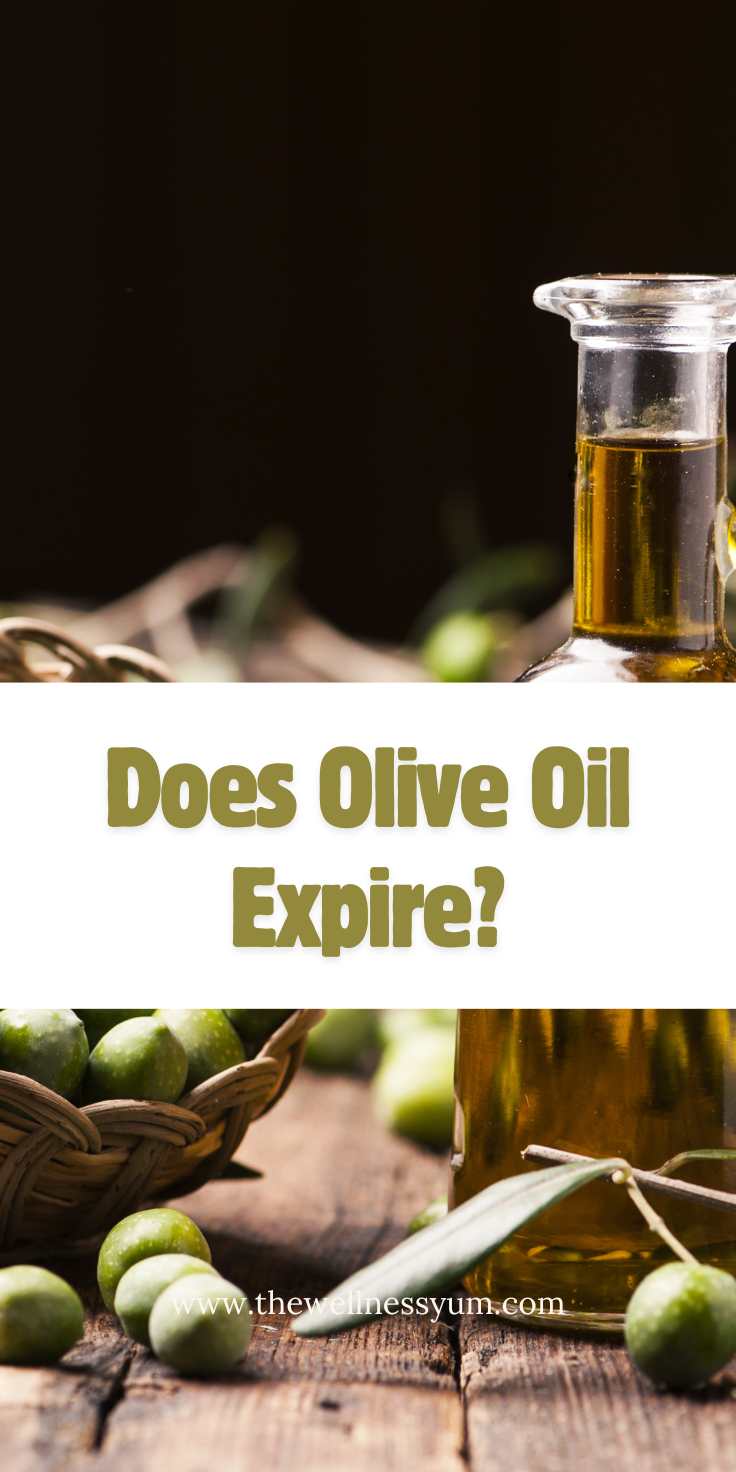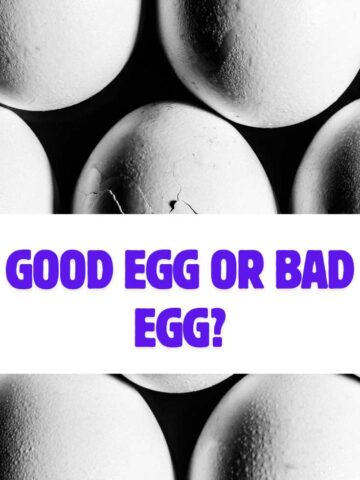So you took someone's advice and purchased a couple very *good* bottles of extra-virgin olive oil to use in your cooking. But now you're concerned that you've gone overboard and have more than you'll ever be able to use. How long do you think it will last? Is it possible for olive oil to become bad? Here's all you need to know about the situation.

Jump to:
Does olive oil expire or go bad?
Olive oil, in contrast to wine, does not improve with age. Yes, olive oil ultimately goes bad (or becomes rancid). This is due to the fact that it is technically a perishable product. Because olive oil is extracted from a fruit, it might be compared to fruit juice. Isn't it true that fruit juice spoils?
Olive oil has a shelf life of 18 to 24 months from the moment it is bottled after being pressed. However, keep in mind that some of that time was spent in transportation, and by the time the bottle reaches the shelf of your local grocery shop, it has already begun to deteriorate and lose its freshness. Check the best-by date on the bottle before purchasing it to ensure that you are purchasing the freshest oil possible.
And, speaking of expiration dates, here's what we know: A guideline rather than an absolute expiry date, it is intended to be used to determine the freshness of a bottle that has not been opened before. Once you've opened the bottle, you should make every effort to finish it within 30 to 60 days, and at the very least within a year. That being said, if a bottle is less than 30 days old and seems to be in good condition, it does not have to be thrown away. (Continue reading.)
What is the best way to know whether your olive oil has gone bad?
Don't be concerned if your bottle has crossed the line from somewhat stale to completely rancid: you'll be able to tell. Pour a tiny quantity into your hand and take a smell. Rancidity is indicated by a sweet scent that is unpleasant, such as fruit that has begun to ferment or rot. (Some individuals have commented that it smells like Elmer's glue. If you aren't sure based on the fragrance, try a little amount of it without ingesting it (just swirl it in your mouth). If something is absolutely tasteless, feels oily in your tongue, or has a "odd" flavour (such as rotten almonds), it is rancid and should be thrown away.
Is it OK to use expired olive oil?
It is dependent on the situation. Cooking with rancid olive oil will not make you sick in the same way that eating bad meat would, but it will have lost most of its nutritional content as well as its antioxidants. Additionally, it will almost certainly make your meal taste strange. Is the scent of your olive oil off-putting? Do you think the colour is off? Don't let the opportunity pass you by. If it smells and seems to be in good condition, it is safe to use; however, it may not taste as peppery or bright as it did when you initially purchased it.
read also: Health Benefits of Fenugreek
How can you keep olive oil from going bad?
Heat, air, and light are the three most destructive elements to olive oil's quality. Besides choosing an oil that is as fresh as possible, look for a product that is packaged in a tinted glass bottle or a nonreactive metal container (to keep out light) with a tight, resealable top. Storage temperatures should be between 60°F and 72°F, preferably between 60°F and 72°F (warmer temperatures will bring out unpleasant flavors). That bottle that's taken up residence right next to your stove? It's filled with... It must be moved! A cupboard or cabinet that is dark and cold will suffice. If you purchased a large quantity of oil in bulk, decant it into a smaller container so that you are not exposing all of the oil to air every time you open the container. Although purchasing lesser amounts at a time may be less cost-effective in the long run, we advocate doing so in the short term.
Should olive oil be refrigerated?
We're quite aware of what you're thinking. My refrigerator is dark and airy. My olive oil will last an eternity in that container! Yes, you may store your olive oil in the refrigerator, but bear in mind that at such a low temperature, the oil will most likely harden, making it difficult to use on the spur of the moment. If you live in a very hot or humid climate, you may be able to prolong the life of your oil by a few months, but we believe it is more convenient to purchase smaller quantities and use them more quickly.
read also: 14 Best Diet Tips to Lose Weight
How should you get rid of old or bad olive oil?
As a result, your olive oil becomes rancid. So, what do you do now? You should avoid flushing it down the toilet, as you should avoid flushing any cooking oil down it. This may block your pipes and the city's sewage mains, resulting in the contamination of rivers. Additionally, it cannot be composted.
You may check with your local department of sanitation to see what they suggest, but generally speaking, the best practise is to move the ruined olive oil to a nonrecyclable container (such as a cardboard milk carton or takeout container) and toss it in the garbage when it has deteriorated. So embrace your inner Ina Garten and go out and purchase yourself a fresh bottle of the good stuff.




